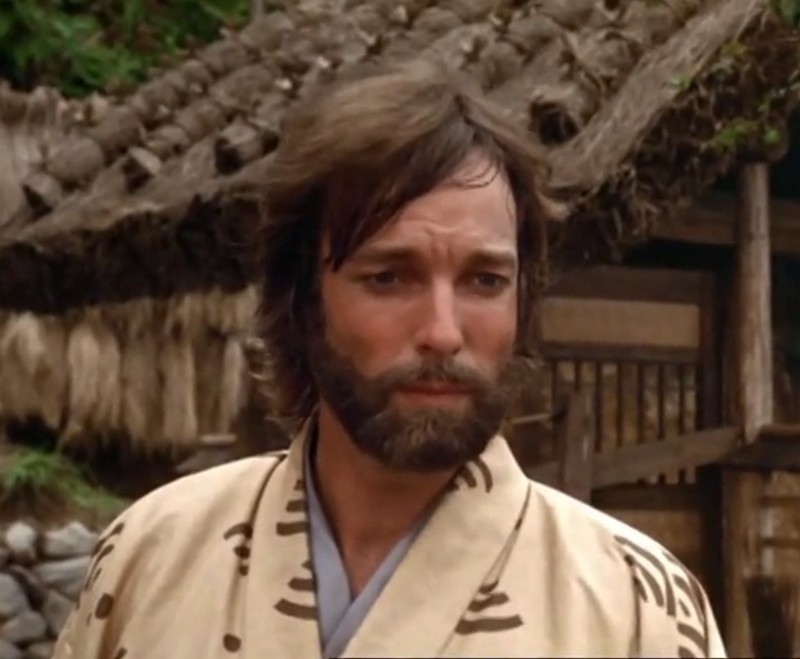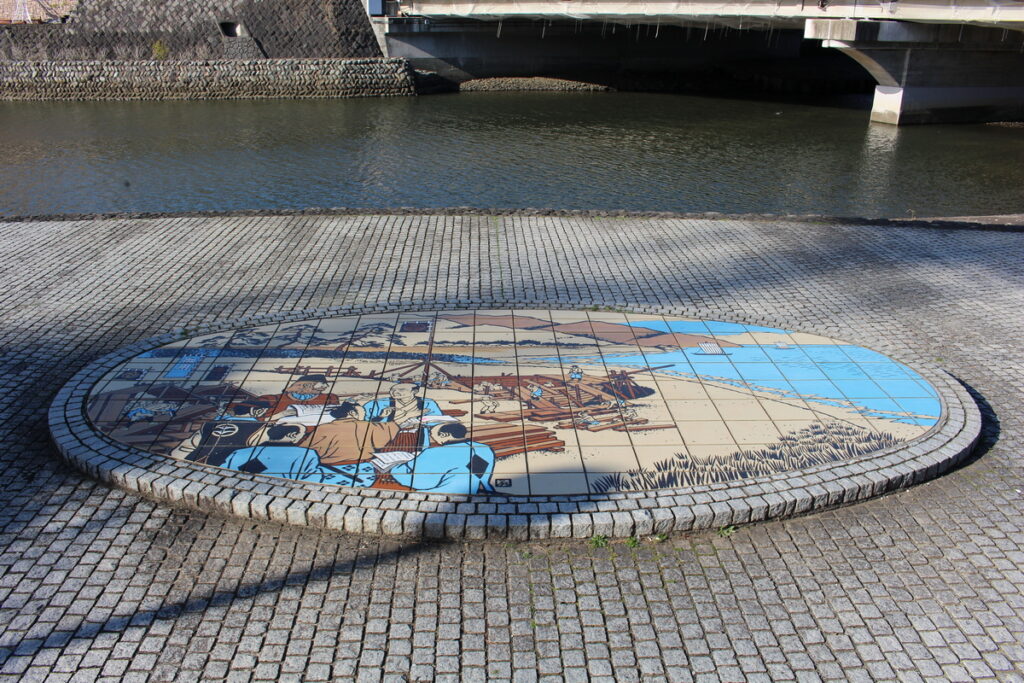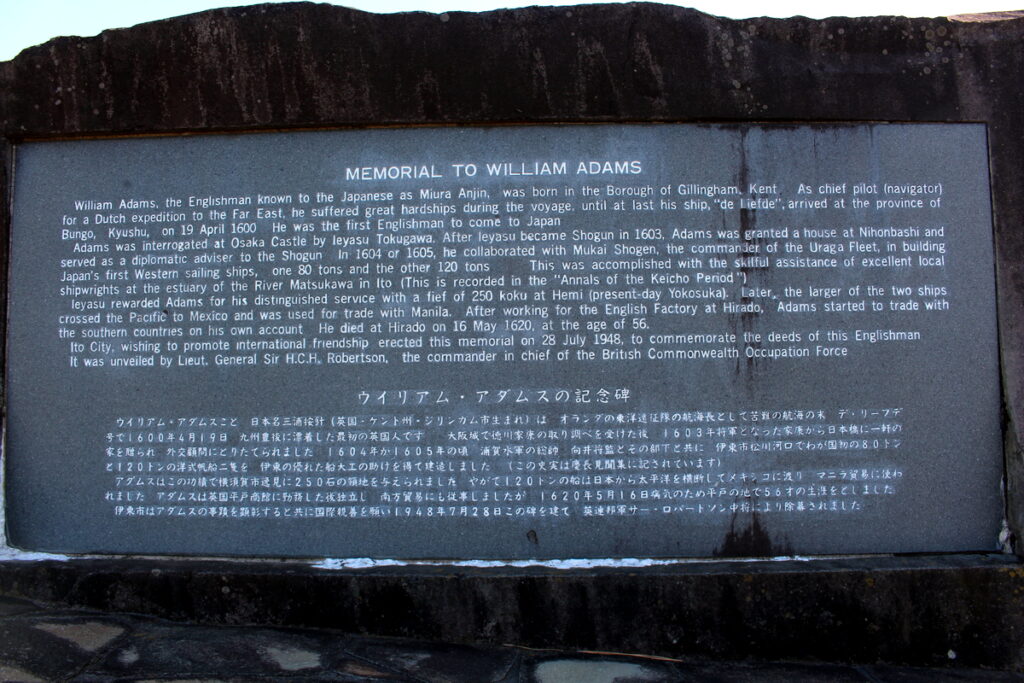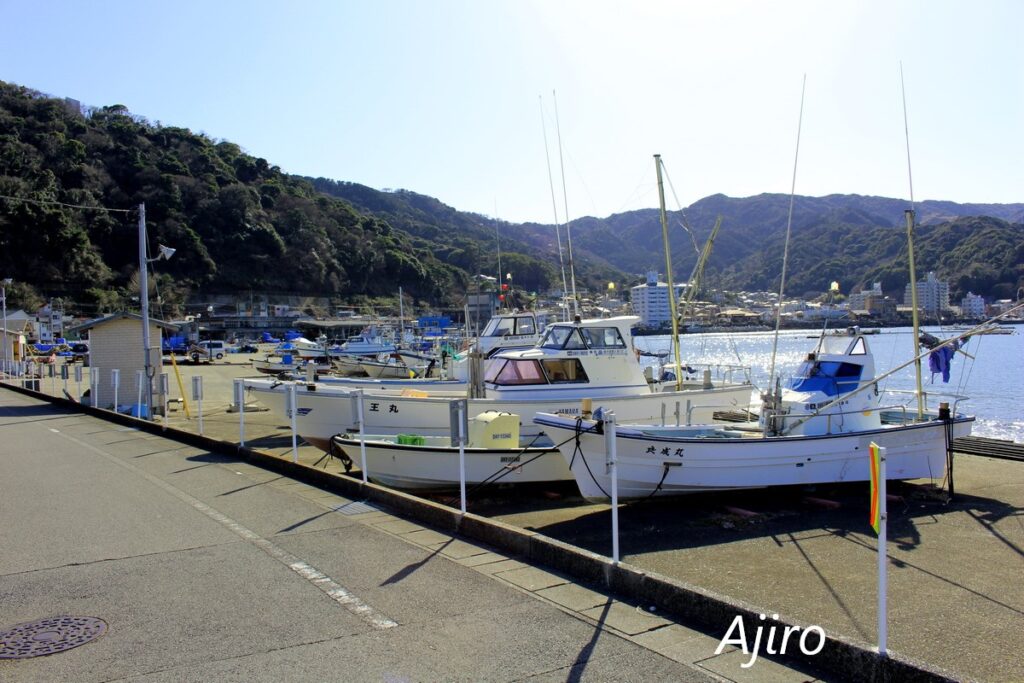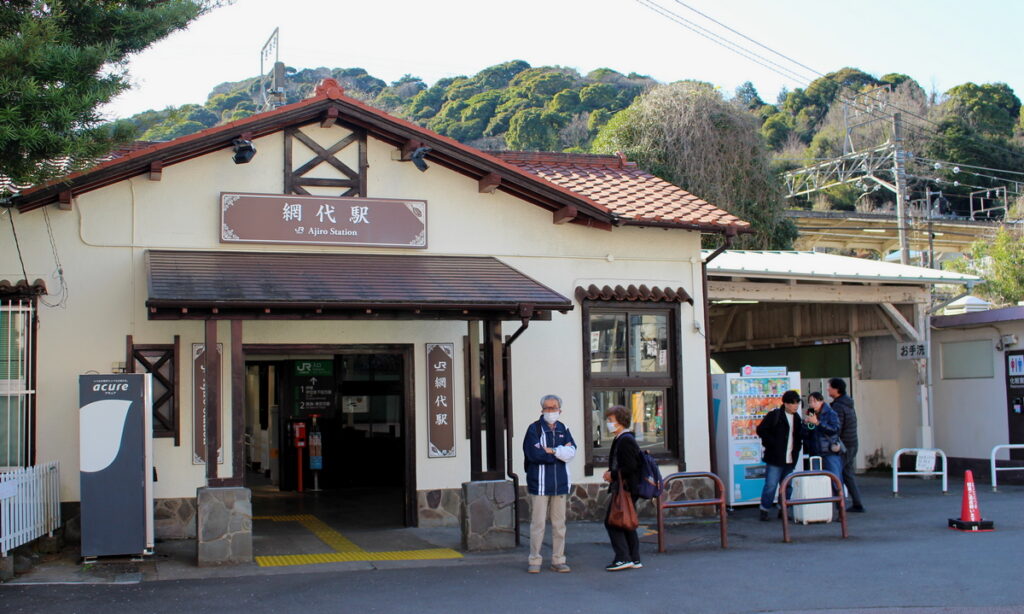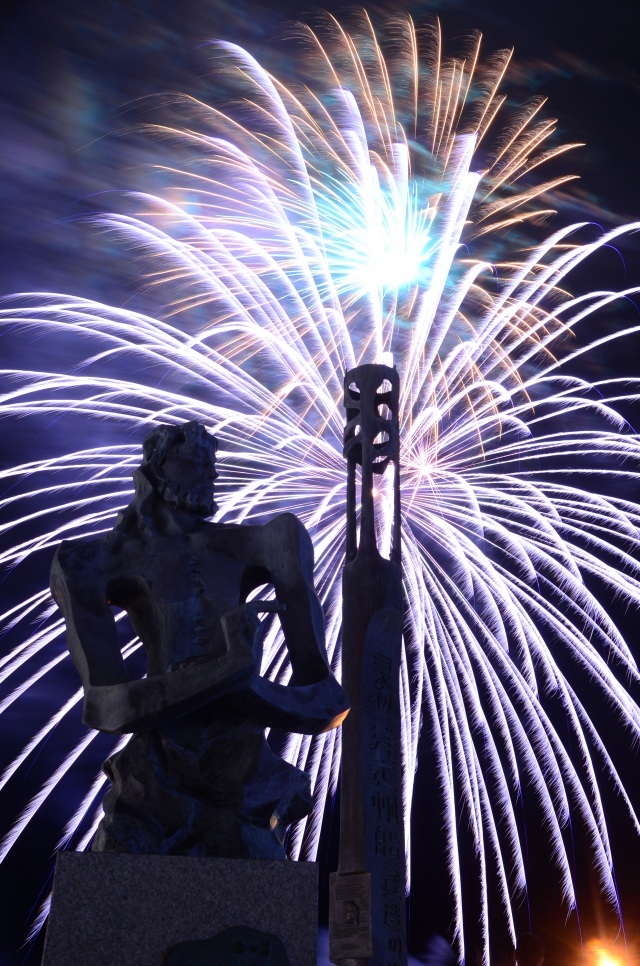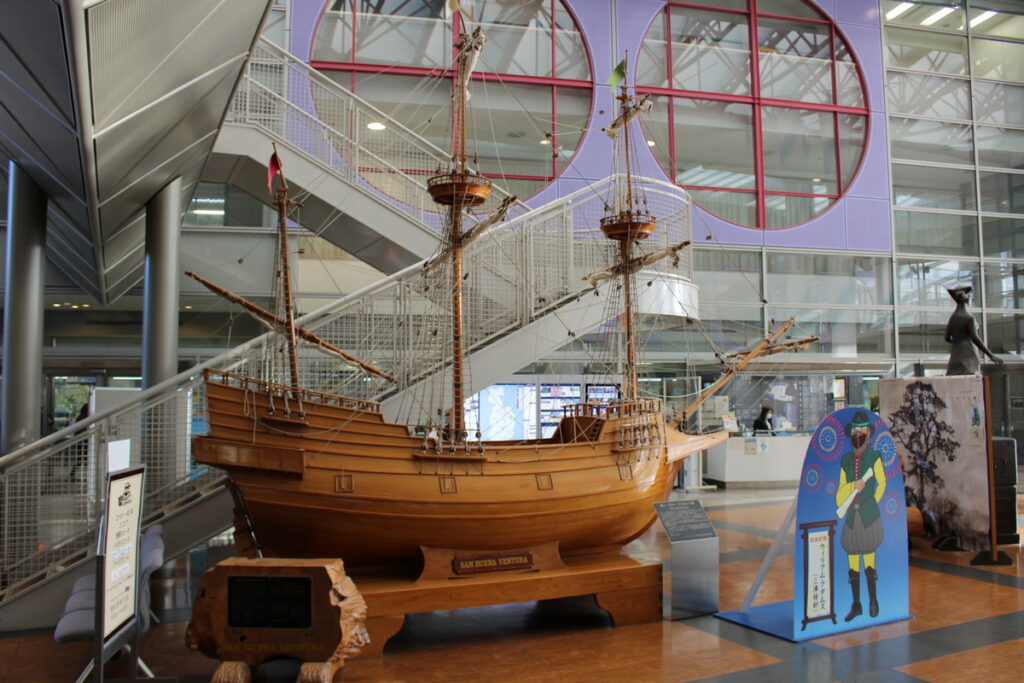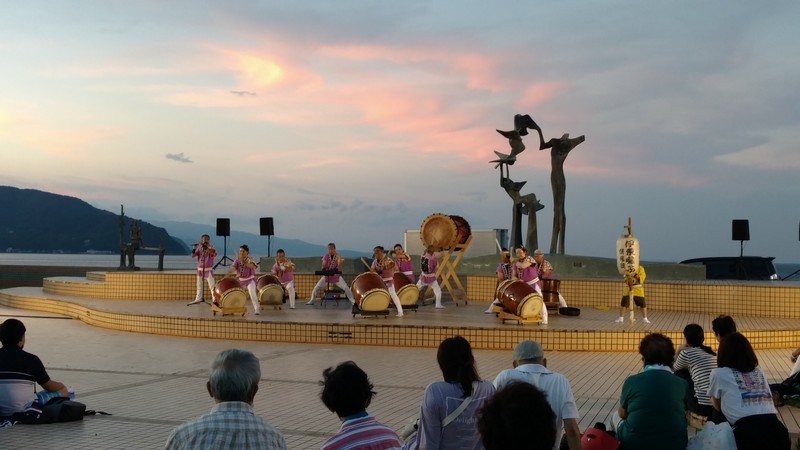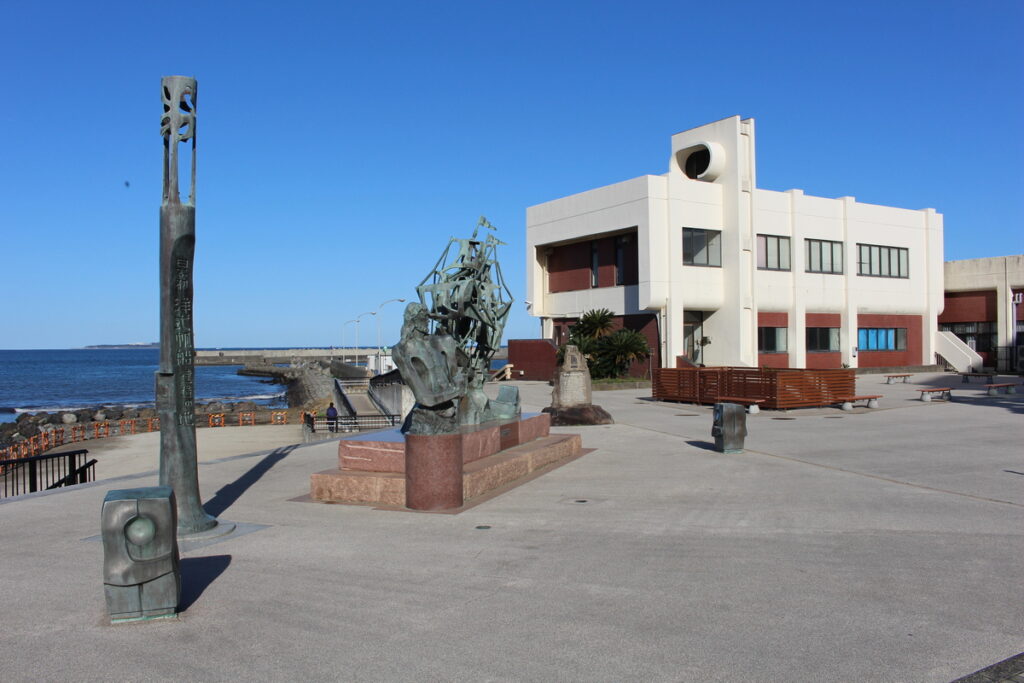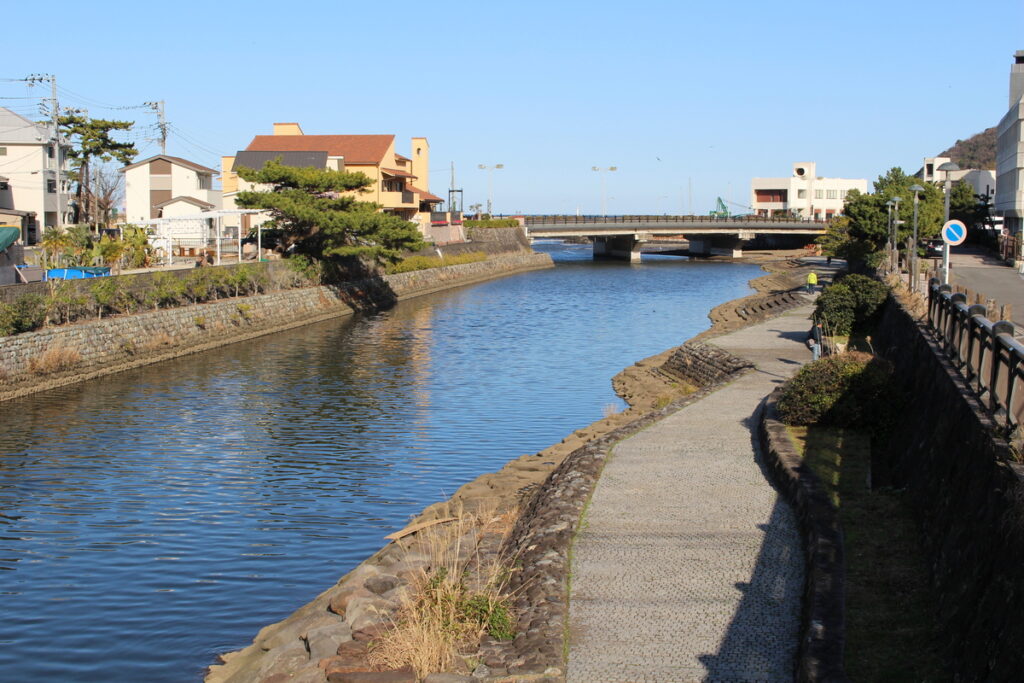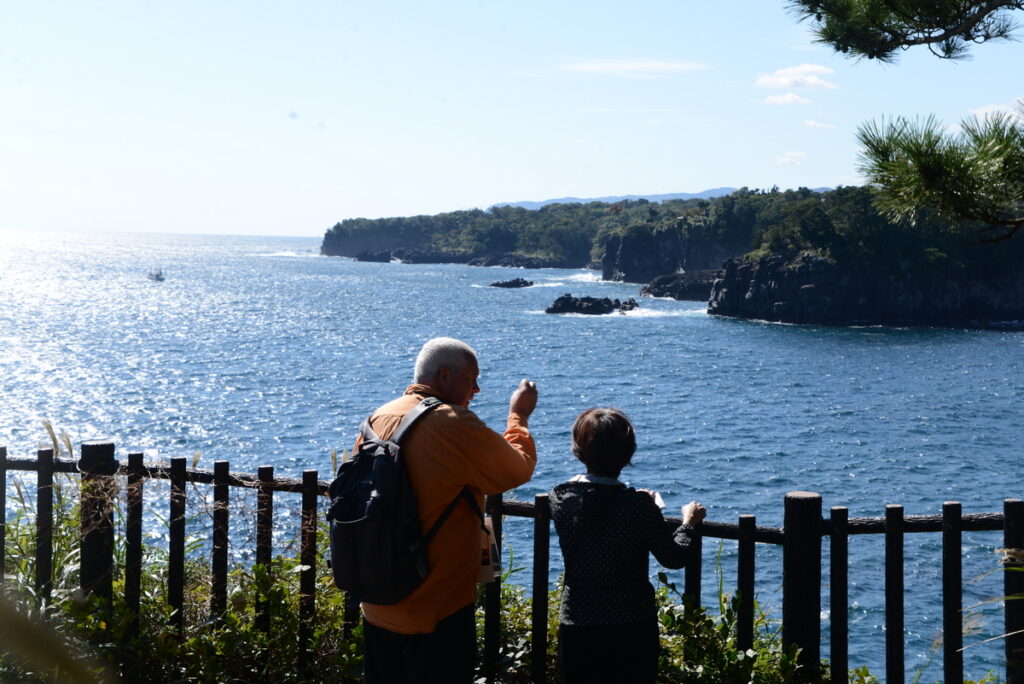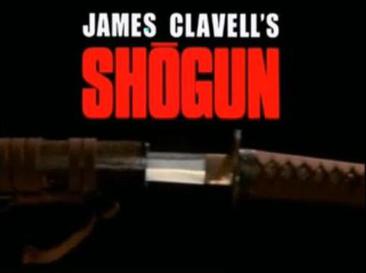
The first episode of the new drama Shōgun debuted on Disney’s FX Network yesterday (27 February 2024). The series has been getting a lot of buzz, so I thought this might be a good time to share some of what I know about the story.
To begin, the drama is based on the 1975 novel Shōgun by James Clavell. Five years later, it became a television mini series starring Richard Chamberlain and Toshiro Mifune. People born after 1980 may not realize the impact that the book and the original TV drama had on the Western image of Japan. I can confidently say that only World War II had a bigger impact — at least on the American psyche. For fun, try a word association game with Americans using the word “Japan.” Chances are good that ‘Shōgun’ or ‘Samurai’ will be at the top of the list, and Clavell’s story is largely responsible.
“[In September of 1980], an average of 32.9% of all [American] television households watched at least part of the original drama. The miniseries’ success was credited with causing the mass-market paperback edition of Clavell’s novel to become the best-selling paperback in the United States, with 2.1 million copies in print during 1980, and increased awareness of Japanese culture in America. According to the documentary The Making of Shōgun, the rise of Japanese food establishments in the United States (particularly sushi houses) is attributed to Shōgun.” (Wikipedia) Likewise, read through more than 1,000 Amazon reviews and comments for the original Shōgun DVD set, and you’ll begin to understand how it has shaped American’s vision of Japan.
So, how accurate is the story? OK, Shōgun is not actual history. It’s historical fiction, and Clavell always made that very clear. Clavell based his story on on the very real William Adams, an English pilot (navigator) who shipwrecked in Japan in 1600 and went on to become one of the first non-Japanese samurai. Adams is the character Anjin in the story. In Japan, he is known as Miura Anjin
(三浦按針 pilot of Miura), and most people are familiar with his name.
In the novel and original TV drama, the Shōgun Lord Toranaga sends Anjin to a small fishing village called Anjiro in Izu Province and demands that he learn Japanese language and customs or the entire village will be killed. Today’s Izu Peninsula is part of Shizuoka Prefecture, but when the real Miura Anjin was alive, it was called Izu no Kuni, or Izu Province. The current FX drama more accurately calls the village Ajiro. There is indeed a fishing village called Ajiro in Izu today. It’s a neighborhood in the southern part of Atami, a city about 90 kilometers (60 miles) southwest of Tokyo. I’m happy to tell you that everyone is still alive, and I have many friends there.
When Adams, the real Anjin was in Japan, there is no record of him ever living or even visiting Ajiro. He did however visit the neighboring city of Ito, where he is quite famous today. In fact, Ito gives more recognition to Adams than any other place in Japan. Ito’s biggest annual festival is called the Anjin Festival, which is held each August. It features a huge fireworks show, a regional taiko drum competition, and a Yosakoi dance competition. Memorials to Adams are all over the city. They even have a sister city relation with Medway, Kent, England, where Adams was born.
Ito City Hall. Ito Tourism Association has a great webpage about Anjin. It’s in Japanese, so run it through Google Translate.
They don’t do all this because Adams lived here in Ito, rather it is because he was ordered to build Japan’s first Western style ships here. A replica of one of these ships stands prominently in Ito City Hall. Adams lived in Tokyo, the Miura Peninsula south of Yokohama, and Hirado in Nagasaki, where he died and is buried.
So, Clavell’s fictional story Shōgun was based on actual history, with a lot of embellishment to make it entertaining. It has all the elements needed: a hero who gets transformed, a love story, conflict and resolution. The Japanese history of William Adams and Tokugawa Ieyasu (Lord Toranaga) is pretty brutal, and the new TV version is more accurate about that than the original mini series. As for romance, Adams did indeed marry and have children in Japan. However, there is not enough recorded history to get a clear picture of his life in Japan. Clavell did his best to give an entertaining account of Adams’ life, and so do the TV directors.
I strongly recommend visiting the city of Ito, where Miura Anjin is a local hero. Like the novel and TV dramas, some of the local history may be embellished, but the celebrations are so much fun, that it’s easy to forget the exaggeration. Furthermore, Ito and the Izu Peninsula have some of the most amazing scenery in Japan — like the Jogasaki Coast and Mt. Omuro, so there’s much more beyond the story of William Adams to lure you here. And as for actual history, Izu has some of the most important history in Japan. So come and explore!
When you’re here, take a tour with Jimmy’s Izu Tours. We’ll show you Ito’s amazing scenery, local charm, and plenty of history, folktales and local experiences. Book your tour here! See you in Izu~
